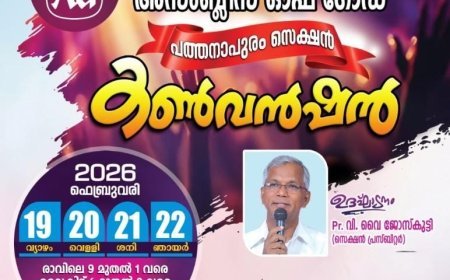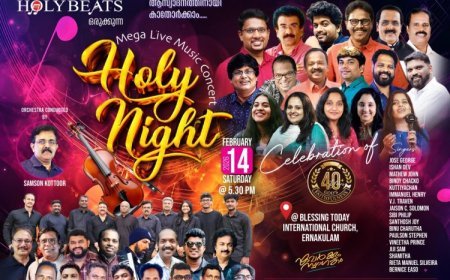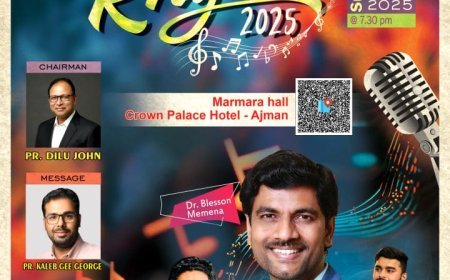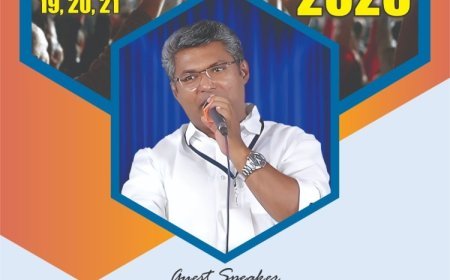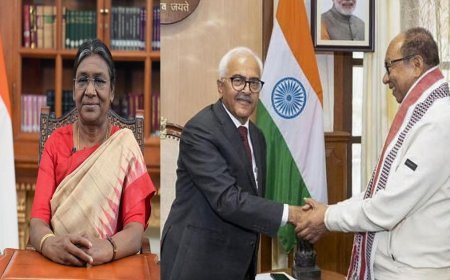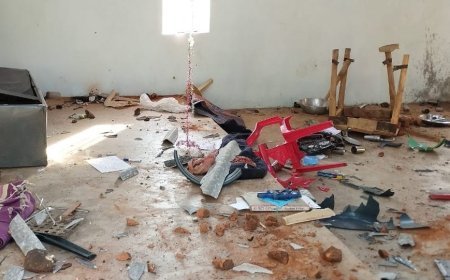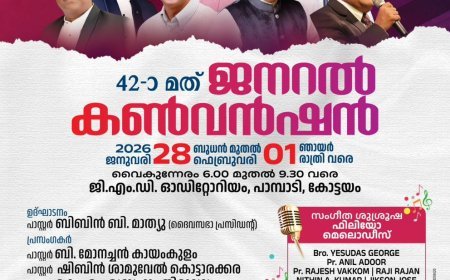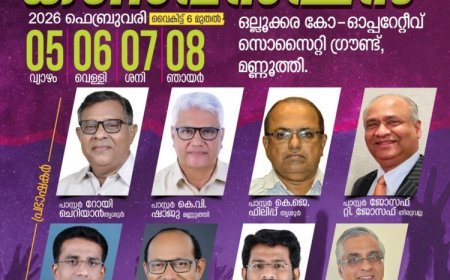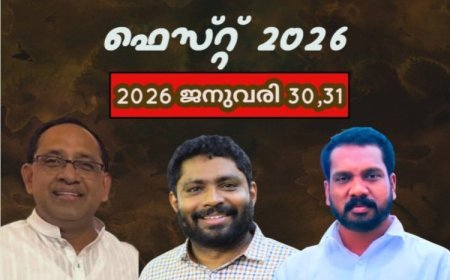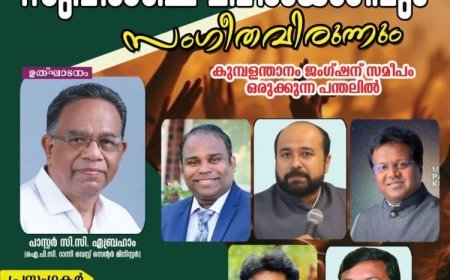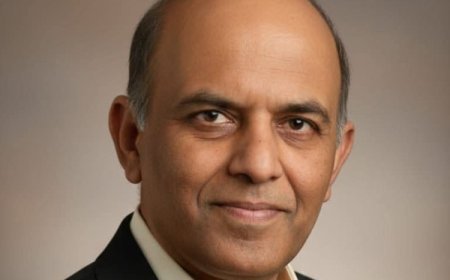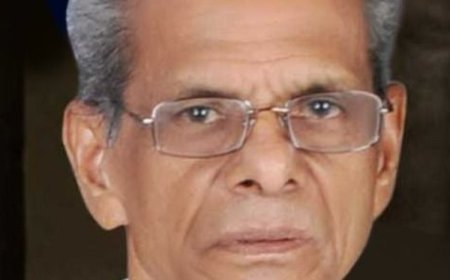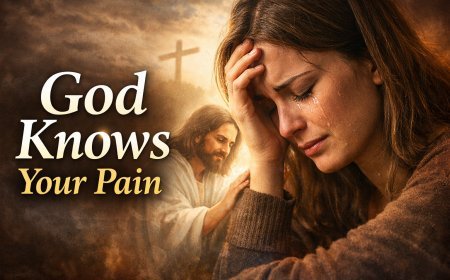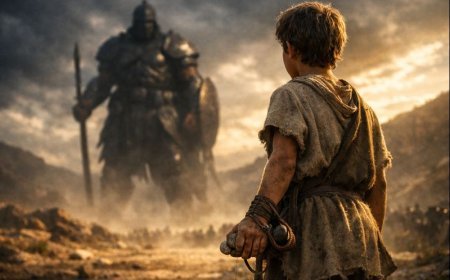'Christians are suffering even more’: India during coronavirus
On March 24, India’s Prime Minister announced a 21-day lockdown to combat the coronavirus pandemic. This sudden announcement gave India’s 1.3 billion citizens only hours to prepare for the lockdown that has become one of the largest and strictest in the world.
On March 24, India’s Prime Minister announced a 21-day lockdown to combat the coronavirus pandemic. This sudden announcement gave India’s 1.3 billion citizens only hours to prepare for the lockdown that has become one of the largest and strictest in the world.
Amongst the activities prohibited by the national lockdown are religious gatherings. Many churches in urban areas are still sharing times of worship through livestreaming amidst the pandemic. However, for poorer churches in rural and suburban areas—which are often larger churches in number—this isn’t possible due to lack of resources and connectivity.
With fewer people being allowed to leave their homes, you might think that Christians in India would be experiencing lower levels of violence. However, Christians in rural areas face more opposition than ever from their communities because of their faith. Reports have surfaced of our brothers and sisters being falsely accused, threatened and attacked.
“The pandemic has not stopped the growing persecution against the Christians,” a local Open Doors partner shares. “There are many [Christians in India] who are [able] to use online streaming of worship, sermons and prayers, but the majority of the Christians in the rural areas are facing threats and persecution amid the lockdown.
“We are receiving news of persecution incidents from many areas, even in this situation where people have been ordered to stay inside their homes. In fact, we believe that during this phase of lockdown, Christians are suffering even more than before, since most of them have to now combat economic problems as well as the opposition and hatred from the community.”
What's Your Reaction?
 Like
0
Like
0
 Dislike
0
Dislike
0
 Love
0
Love
0
 Funny
0
Funny
0
 Angry
0
Angry
0
 Sad
0
Sad
0
 Wow
0
Wow
0
